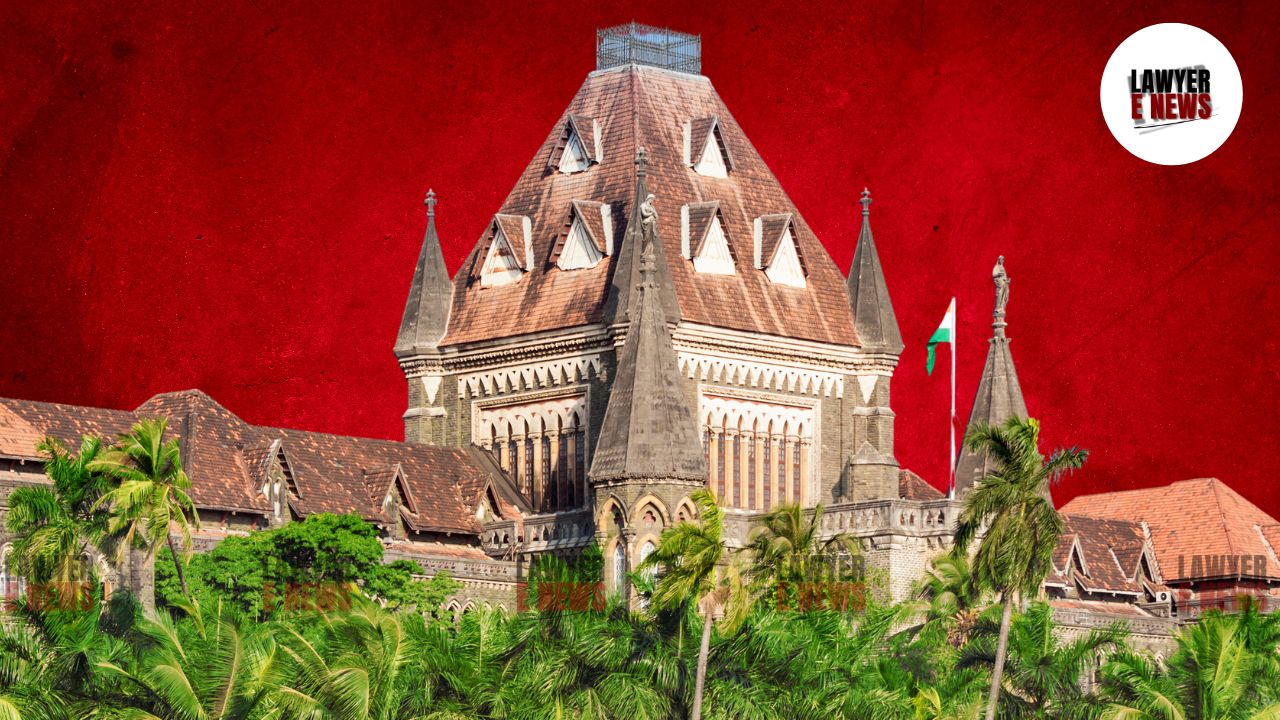-
by Admin
19 February 2026 3:14 PM



“It is imperative that such surgeries are expedited in the interest of human life, without an embargo of expenditure which is secondary to life itself.” - Bombay High Court, in a landmark judgment safeguarding the constitutional right to health, directed the Union of India to grant full reimbursement of ₹22,08,440 to a retired central government officer who underwent an urgent heart transplant at a private hospital in Mumbai. The Bench comprising Justice G.S. Kulkarni and Justice Advait M. Sethna invoking Article 21 of the Constitution and castigating the authorities for applying CGHS reimbursement rules in a mechanical and inhuman manner.
The petitioner, Anirudh Prataprai Nansi, a retired Assistant Commissioner from the Central Excise Department, had undergone the procedure in December 2020, after being diagnosed with severe heart failure. The government denied full reimbursement on the grounds that the treatment was availed at a non-empanelled private hospital and was supposedly a "planned" surgery, not an emergency—an argument the Court emphatically rejected.
“How Can a Heart Transplant Ever Be Considered 'Planned'?” – Court Slams High Power Committee's Denial of Reimbursement
Refusing to accept the bureaucratic stance taken by the High Power Committee (HPC), the Court observed:
“We fail to understand how a requirement of heart transplant cannot be considered to be an extraordinary and emergent surgery. A heart transplant is required only when the heart is failing—the consequences of which are just to be imagined.” [Para 37]
The Court noted that the CGHS empanelled hospitals in Mumbai did not have the necessary licenses or facilities to perform such complex surgeries at the relevant time. The petitioner, thus, had no choice but to avail treatment at Sir H.N. Reliance Foundation Hospital, where an organ had become available on short notice. Any delay, the Court held, could have been fatal.
In unequivocal terms, the judges held: “It cannot be said that the petitioner undergoing a heart transplant at a private hospital, where the organ was available and which could be immediately transplanted without any waste of time, was a wrong decision.” [Para 42]
“The Respondents Were Not Powerless to Protect the Petitioner’s Life” – Relaxation Clause in Policy Invoked
The judgment also affirms that existing CGHS policies themselves allow for exceptions in “special circumstances.” The Court extensively cited the Office Memorandum dated 15 July 2014, which allows full reimbursement in emergency or exceptional cases, stating:
“From the plain reading of the said Memorandum, it is clear that a provision is made for relaxation in reimbursement of the medical expenses incurred in special cases... a heart transplant certainly qualifies as one.” [Para 37]
Further, the Court clarified that even in the absence of such a policy, the State has the constitutional obligation under Article 21 to protect the life and health of citizens:
“Even assuming that the Office Memorandum was not issued, the respondents were not powerless... These are executive powers conferred under Article 73 of the Constitution, which must be exercised to preserve fundamental rights.” [Para 39]
“A Pensioner Cannot Be Denied Life-Saving Care Because He Can’t Afford It” – Court Links Reimbursement with Right to Dignity
Highlighting the economic vulnerability of retirees, the Court reminded the State of its welfare obligations. It said: “Any employee, merely because he has retired, ought not to be differently treated when it comes to genuine and realistic health expenditure.” [Para 45]
The High Power Committee’s reasoning—that the heart transplant was a “planned surgery” and not an emergency—was dismissed as “narrow, pedantic and too technical”:
“To make the petitioner suffer for reimbursement, despite an undisputed emergency and a genuine claim, amounts to a travesty of justice and a glaring violation of fundamental rights.” [Para 46]
The judges warned that rigid adherence to obsolete reimbursement rates and guidelines, particularly when Mumbai’s CGHS rates for heart transplant were an abysmal ₹69,000, is wholly unrealistic when actual treatment costs run into lakhs.
“HPC Took a Mechanical View; It Was Duty-Bound to Act With Human Sensitivity”
The High Court sharply criticised the High Power Committee for not granting a personal hearing, even after being directed by the Court in earlier proceedings. The rejection was based merely on file notings without appreciating the urgency, gravity, or uniqueness of the case.
“The High Power Committee in its usual, routine and mundane method appears to have taken the impugned decision without hearing the petitioner, despite clear orders of this Court.” [Para 44]
“Such cases demand human sensitivity—not a robotic reading of rules.” [Para 46]
“Rule Is Made Absolute” – Court Quashes HPC Rejection, Orders Payment Within Four Weeks with 9% Interest
Ultimately, the Court quashed the decisions dated 30 November 2021 and 13 April 2022 denying full reimbursement. It directed the Union of India to sanction and pay the balance reimbursement of ₹22,08,440 along with 9% interest, within four weeks.
“We have no manner of doubt that looked from any angle, the petition needs to eminently succeed.” [Para 47]
The ruling is a powerful affirmation of citizens' right to timely and adequate medical care, particularly when lives are at stake. It stands as a stern reminder to public authorities that administrative convenience can never override the right to life.
Date of Decision: 6 June 2025
